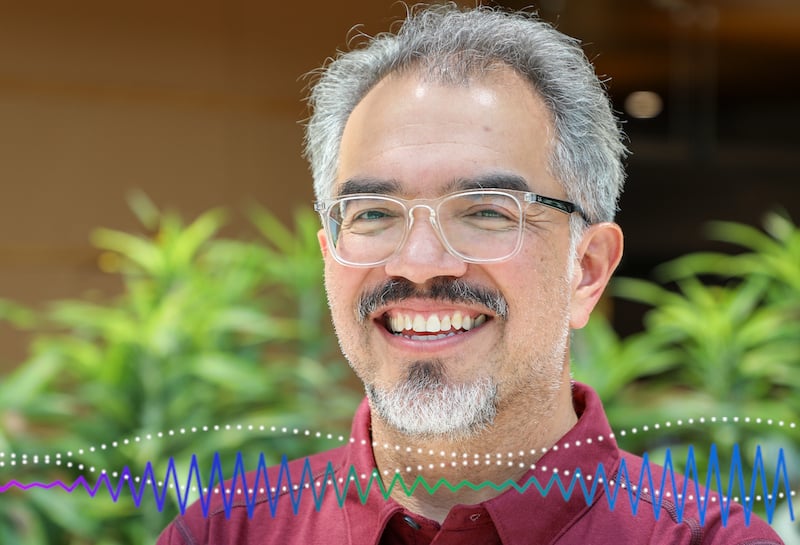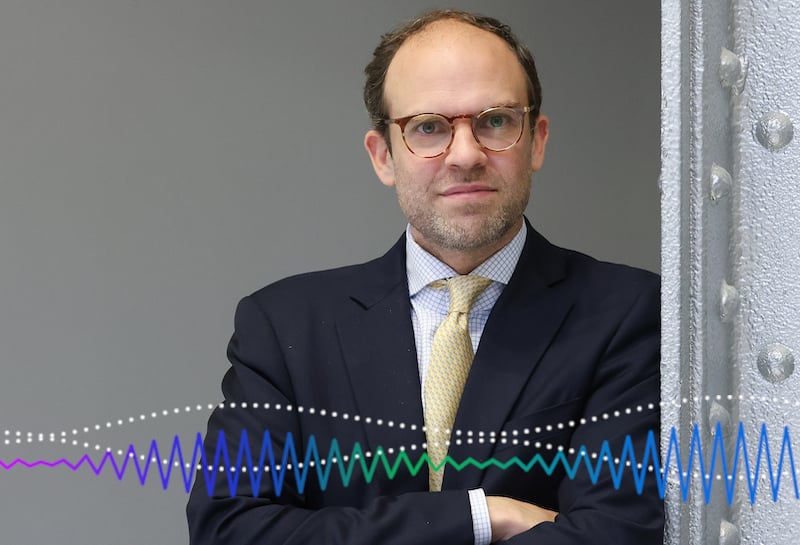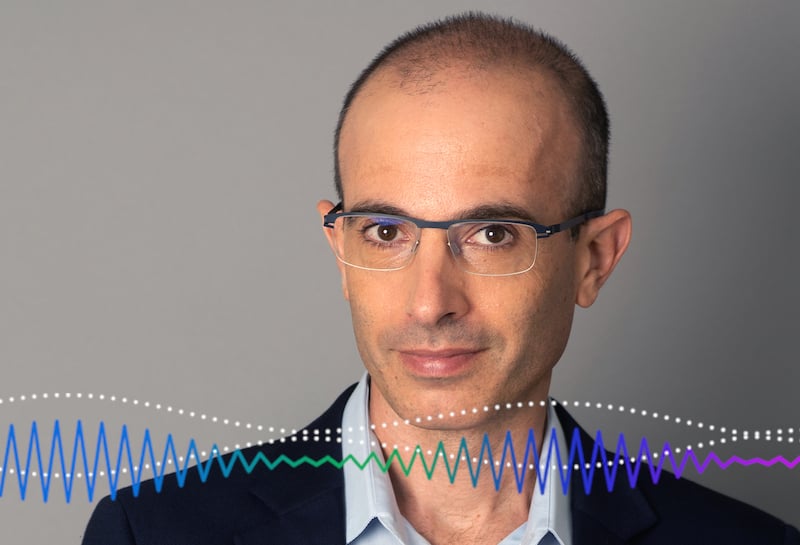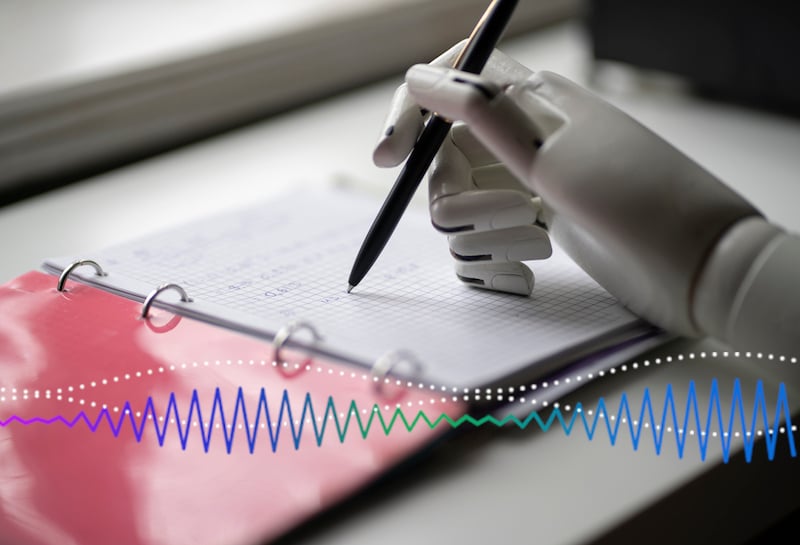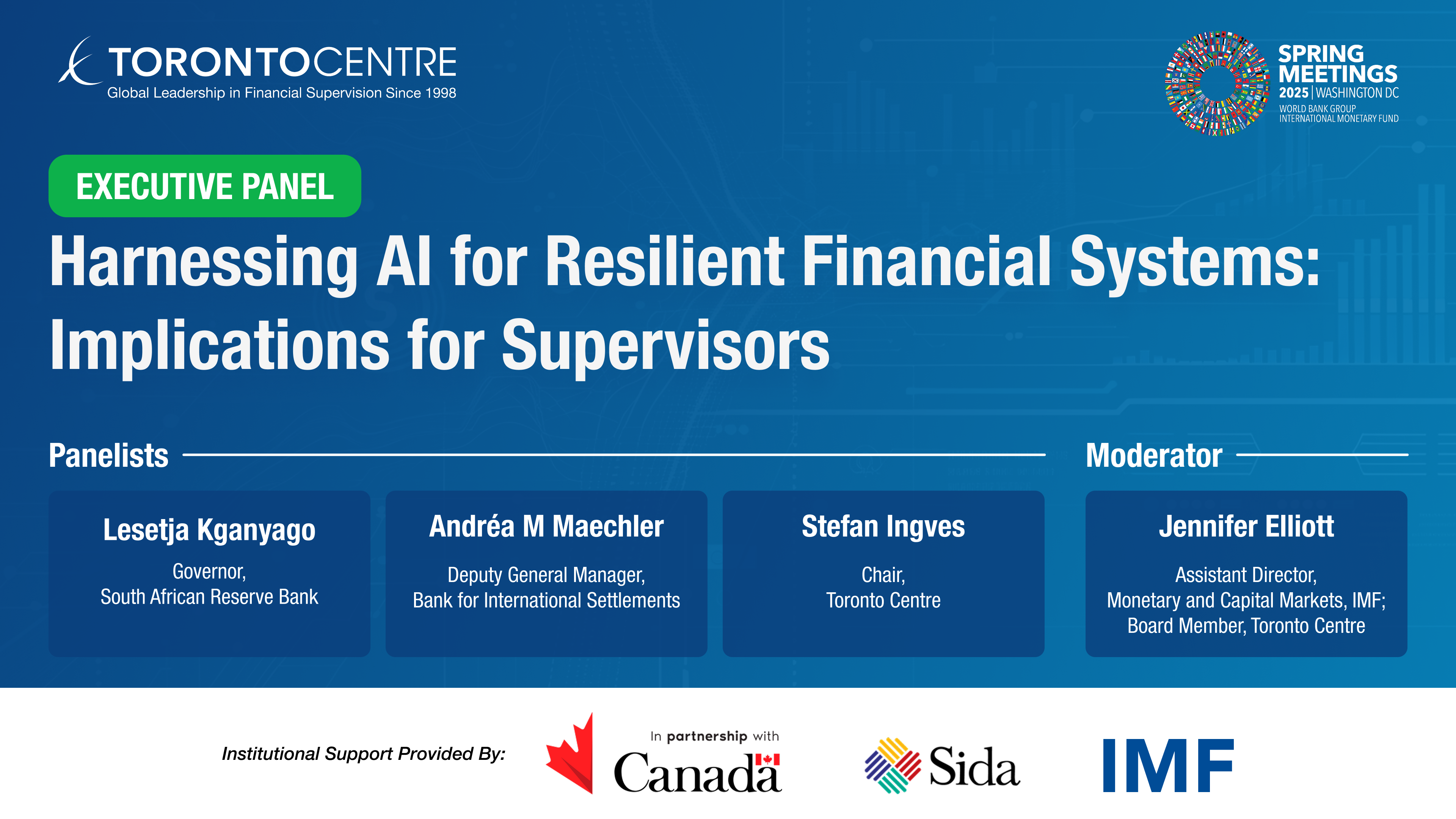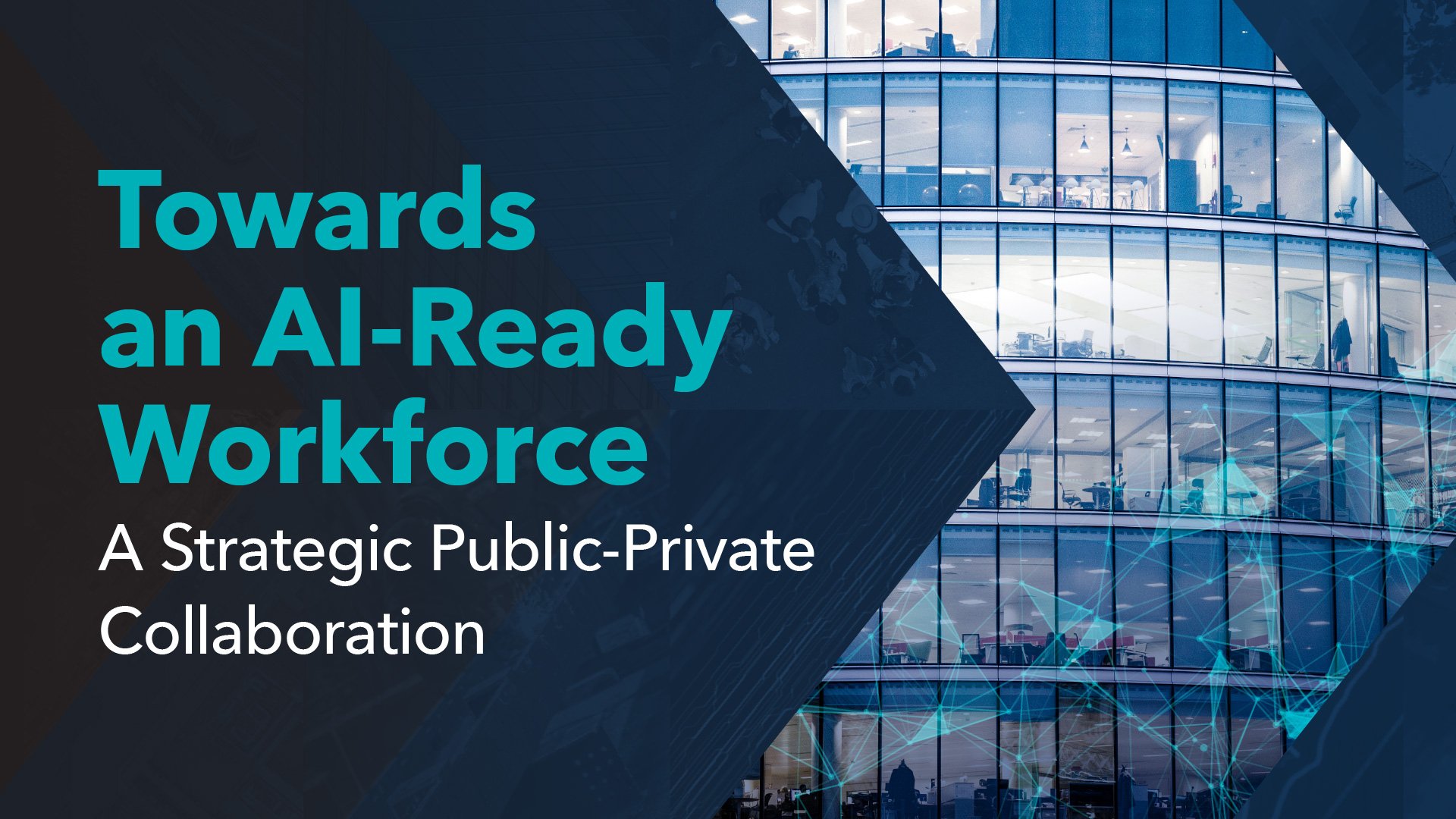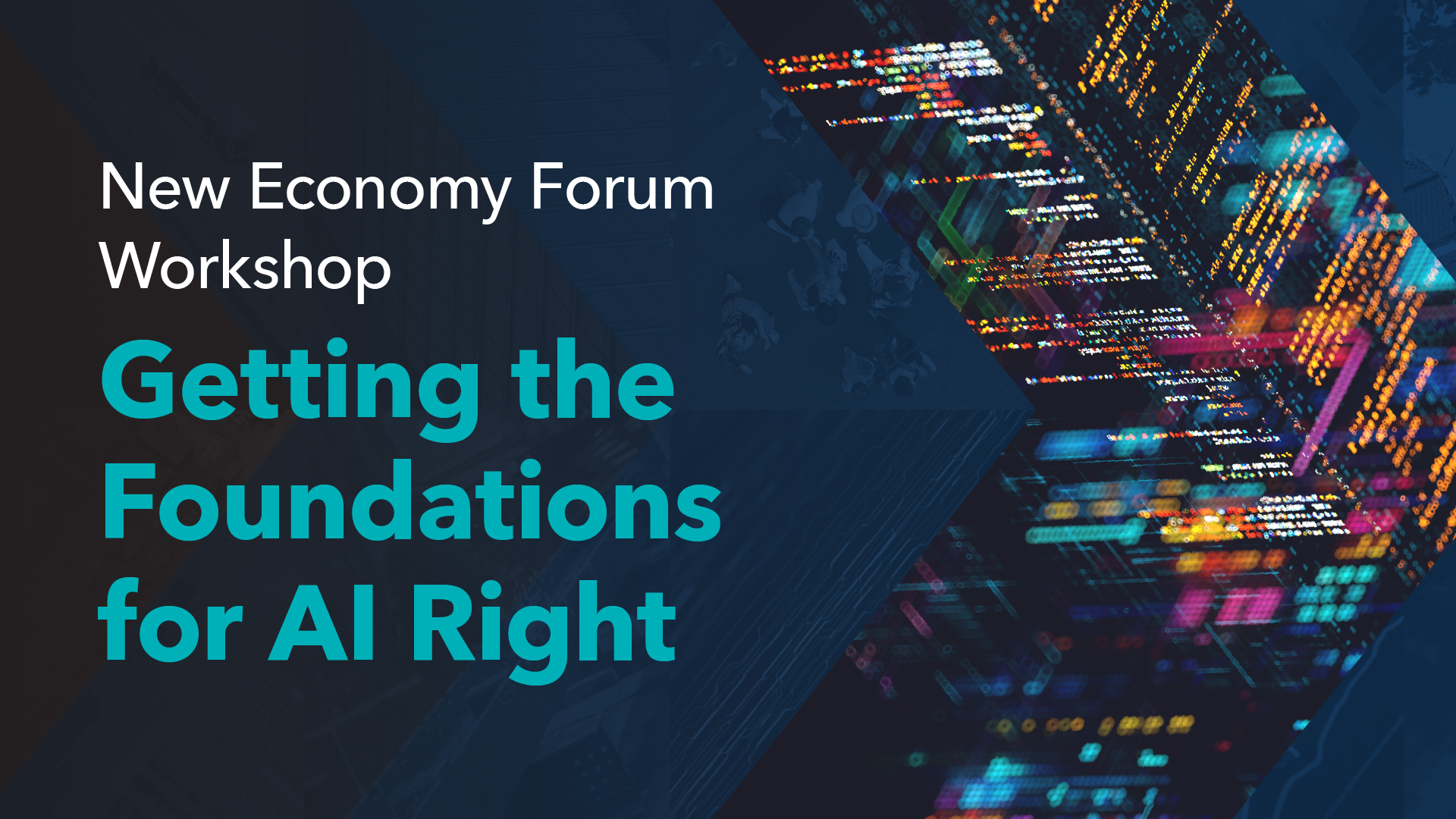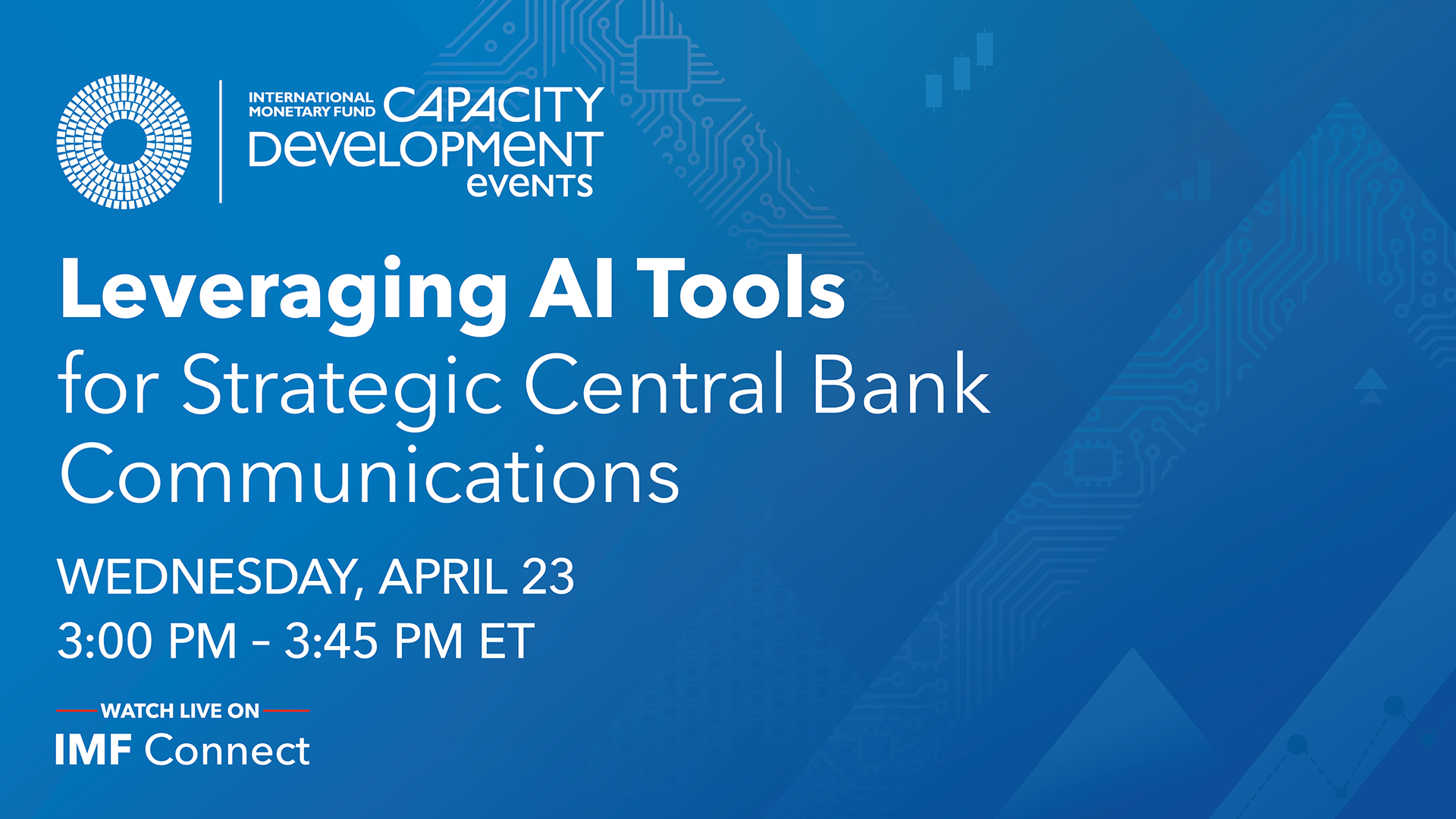Artificial Intelligence

Recent advancements in artificial intelligence offer substantial benefits, but there are risks associated with this rapidly evolving technology. The IMF is investigating AI's broader impact on economies and societies by gathering global knowledge through surveillance activities, and by convening key actors to share successful policy responses, foster international consensus and harmonize regulations.
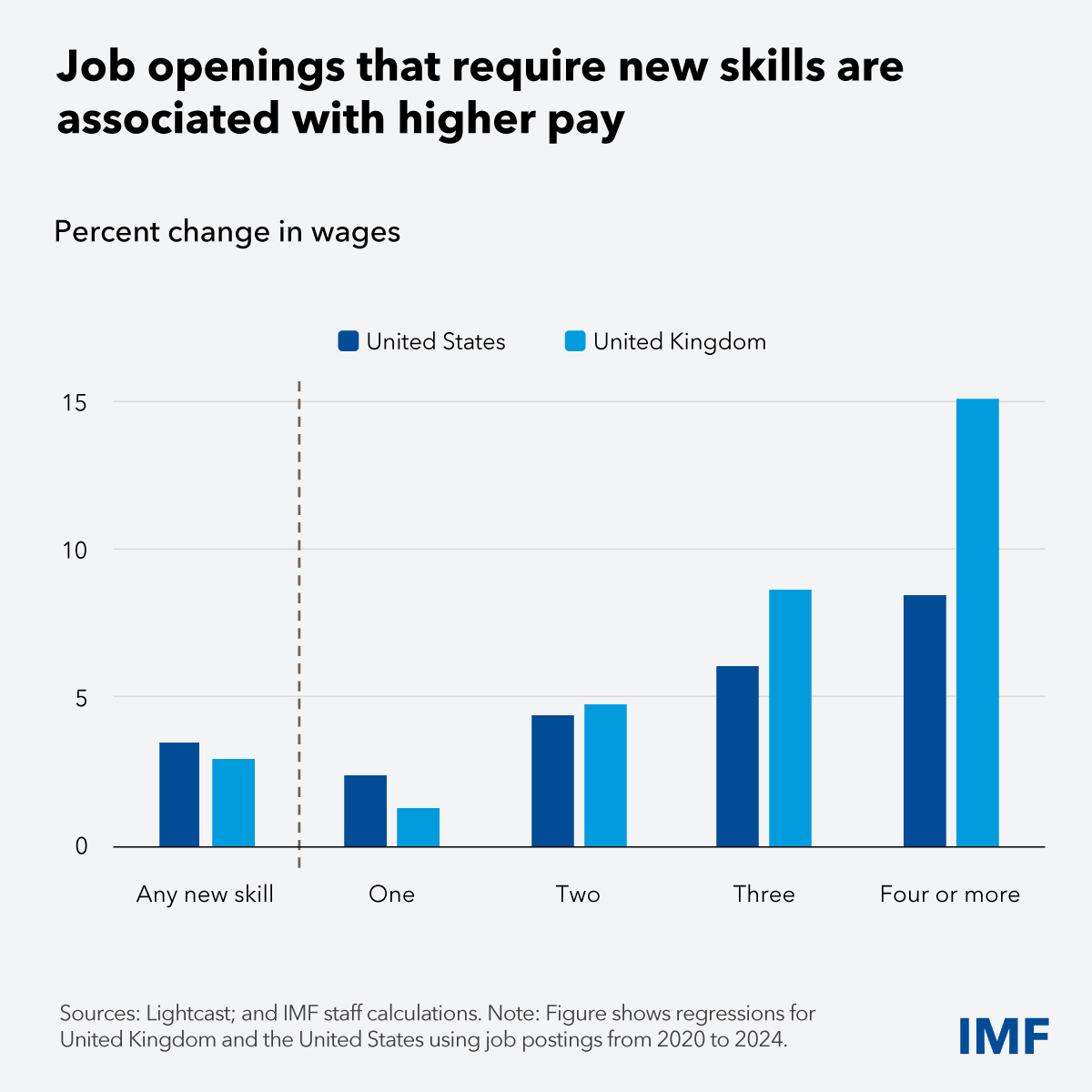
Blog: New Skills and AI Are Reshaping the Future of Work
A Global Vision for Indian AI
New Skills and AI Are Reshaping the Future of Work
To Share and to Learn
Pablo Peña on why AI is No Match for Human Capital
From Servers to Rates: AI, ICT Capital, and the Natural Rate
AI Projects in Financial Supervisory Authorities
The Global Impact of AI: Mind the Gap
AI Adoption and Inequality
New Skills and AI Are Reshaping the Future of Work
Policy choices will determine whether workers and firms are adequately prepared for the AI revolution
AI Needs More Abundant Power Supplies to Keep Driving Economic Growth
The power-hungry technology requires policies to help expand electricity supplies, incentivize alternative sources, and help contain price surges
How Artificial Intelligence Can Boost Productivity in Latin America
Some countries risk missing out on the full economic benefits of AI, but more formal jobs and expanded digital access can help
How Sound Economic Policy Can Help Prevent Conflict
Simulations that incorporate machine learning-based predictions of conflict suggest large payoffs from preventive policies, including efforts to promote macroeconomic stability and growth
How Talent Fuels Growth
Smart policies that help people realize their potential can be game-changing for entire societies
How AI Can Help Both Tax Collectors and Taxpayers
New generative AI tools can redefine the relationship between governments and citizens, but strong leadership and safeguards are fundamental.
Pablo Peña on why AI is No Match for Human Capital
While artificial intelligence continues to outperform our human abilities in many areas, Pablo Pena believes critical thinking and curiosity are what will keep us in the driver's seat. Pena is an associate professor of economics at the University of Chicago and author of Human Capital for Humans: An Accessible Introduction to the Economic Science of People. In this Podcast, Pena and journalist Rhoda Metcalfe discuss his article in the December issue of Finance & Development magazine.
Carl Benedikt Frey on AI and Growth
As tech innovation, particularly in the field of AI, is increasingly focused on a few key players, the industries benefiting from these tools have also become more concentrated. In this podcast, Carl Benedikt Frey says that concentration of AI-using industries will push the direction of technological change further towards automation rather than product innovation.
Yuval Noah Harari on Human Evolution and the AI Revolution
Stories can unify or divide but our ability to imagine them is uniquely human. Cooperation and trust, built through shared stories and narratives, are the foundation of human societies and economies. So what happens when humans no longer hold the pen? Yuval Noah Harari is a historian, philosopher, and author. In this podcast, Harari says artificial intelligence is a risk to humankind’s most valuable resource, trust.
AI that Shares the Wealth: Stephanie Bell
Only a small number of companies in an even smaller number of countries hold the keys to AI’s development. So what happens when a narrow swath of humanity makes choices that will impact everyone else? Stephanie Bell is a Senior Research Scientist at the Partnership for AI. In this podcast, Bell says guidelines are needed to ensure AI’s development trajectory serves humanity.
AI’s Real Risk to Wages: Andrew Berg and Maryam Vaziri
The pace at which artificial intelligence is transforming jobs is astounding, but while it boasts higher productivity AI is also increasing wage inequality. When workers are replaced by machines, real wages decline, and the owners of capital prosper. So who owns AI and how should its benefits be distributed? The IMFs Andrew Berg and Maryam Vaziri discuss AI’s inequality problem.
Daniel Susskind: AI’s Transformation of Labor
There’s no question that Artificial Intelligence will increase productivity- but at what cost? What happens when systems out-perform not only factory workers but society’s most esteemed professions? Daniel Susskind is a research professor at King's College London and a senior research associate at the Institute for Ethics in AI at Oxford University. In this podcast, he speaks with journalist Rhoda Metcalfe about how encouraging technologies that complement rather than substitute human work would place fewer livelihoods at risk.
Harnessing AI for Resilient Financial Sectors: Implications for Supervisors
This session convenes leading experts to explore practical approaches forleveraging AI in supervision, equipping supervisors with the tools and insightsneeded to navigate an increasingly complex financial ecosystem.
Towards an AI-Ready Workforce: A Strategic Public-Private Collaboration
As AI continues to transform industries, governments and the private sector need to work together to address skill gaps, facilitate workforce transformation, and ensure equitable access to AI-driven opportunities.
Getting the Foundations for AI Right
This panel explores real-world examples on how structural challenges must be addressed to integrate AI in public finance, including lessons learned from early pilots.
New Economy Workshop: Exploring GovTech and AI in Public Finance
Central bank communications is a vital policy tool to anchor expectations, build credibility, and enhance transparency. This presentation introduces a new AI tool by the IMF that classifies text to topic, forward-lookingness, sentiment, and audience.
Fiscal Policy to Broaden the Gains from Gen AI
How can governments harness fiscal policy to ensure the benefits of AI are shared equitably across society?
Exploring GovTech and AI in Public Finance
In an era of rapid technological advancements, public finance systems must evolve to meet new challenges and opportunities.




